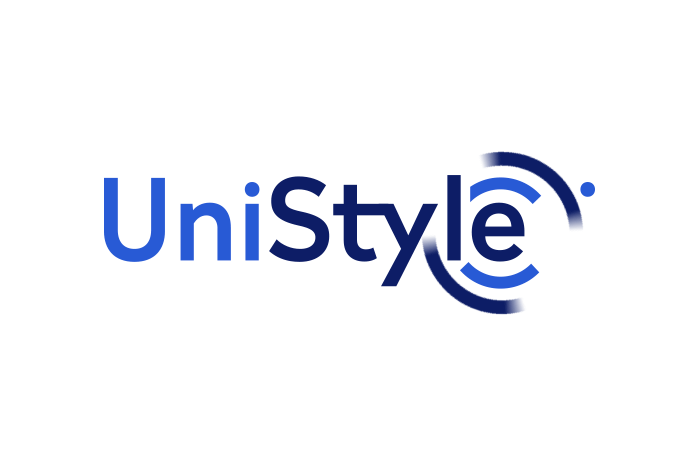
Qualified Electronic Signature for a foreginer
Qualified Electronic Signature for foreginers It is not only a convenience of use, but sometimes a necessity.
Certificates issued for all nationalities:
Citizens of all EU Countries and Switzerland, Turkey, Ukraine, Albania, Algeria, Saudi Arabia, Australia, Bangladesh, Egipt, Canada, Russia, Singapore United States, Tunisia, United Arab Emirates, Ireland and others.
As a foreigner, you can obtain a qualified electronic signature using a valid passport of Your country with a minimum validity of 1 year. There are two pathways to obtain an electronic signature:
Conventional method: You will create a signature, and its certificate will be stored on a SIM card or in the cloud during a meeting with our identity verifier. For this purpose, you can either visit our office (book appointment) or invite the verifier to a specified location, such as a hotel reception (Call out service).
Online method: Fully remote acquisition of a e-signature based on advanced identity verification methods. You can create such a signature independently, having access to the Internet, a smartphone, and, of course, valid identity-confirming documents.
In this article we present three specific examples of using a Qualified Electronic Signature (QES) by a foreigner, along with reference to relevant legal regulations in Poland:
Remote submission of official documents: Foreigners from outside the European Union, possessing a Qualified Electronic Signature, can submit official documents remotely without the need for physical presence at the office. For example, this can include visa applications, residence permits, or other administrative formalities. The use of a Qualified Electronic Signature enables the submission of documents in a legally binding and compliant manner, as confirmed by the Act of 5 September 2016 on trust services and electronic identification.
Electronic signing of commercial agreements: Foreigners from outside the EU can utilize a Qualified Electronic Signature for the remote conclusion of commercial agreements. They can sign contracts for buying and selling, partnership agreements, lease agreements, or agreements with suppliers. Such signatures are legally binding, and their authenticity can be verified in accordance with legal provisions. Regulation (EU) No. 910/2014 of the European Parliament and of the Council of 23 July 2014 on electronic identification and trust services for electronic transactions in the internal market (eIDAS) regulates the principles regarding Qualified Electronic Signatures.
Granting consent for the processing of personal data: In accordance with the General Data Protection Regulation (GDPR), foreigners from outside the EU who possess a Qualified Electronic Signature can provide effective and binding consent for the processing of their personal data. In the case of conducting business activities or other transactions involving the transfer of personal data, QES allows for the proper documentation of consent in accordance with the provisions of the GDPR.
Each of the above examples is based on existing legal regulations, such as the Act of 5 September 2016 on trust services and electronic identification, Regulation (EU) No. 910/2014 of the European Parliament and of the Council, as well as the General Data Protection Regulation (GDPR) and other relevant legal provisions


